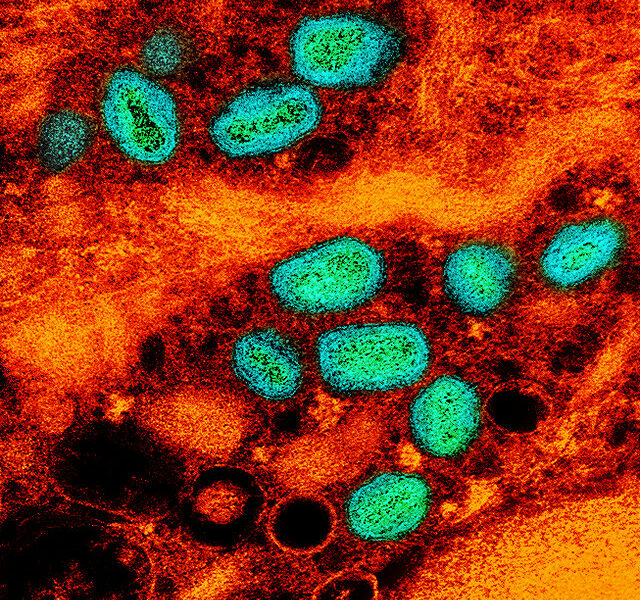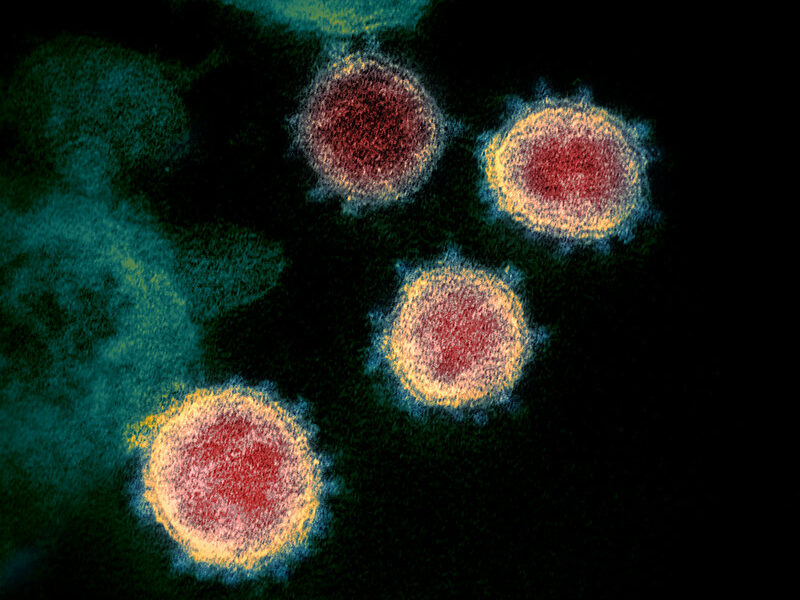A rare and fatal brain-eating infection killed 10 people in Karachi, Pakistan this year. This waterborne species of amoeba causes primary amoebic meningoencephalitis (PAM), a severe infection affecting the central nervous system.
Scientifically known as Naegleria fowleri, this parasite is found in freshwater and gains access to the brain through the nostrils. The Muslim pre-prayer wash, which involves cleansing the nostrils, is thought to be how the infection occurred. As a result of the outbreak, local officials will increase the amount of chlorine in the city’s water supply to prevent further infections. The officials also advised worshipers to use sterilized water instead.
Disease symptoms usually begin within two weeks of infection and include headache, fever, nausea, vomiting and a stiff neck. As the infection progresses, the infected individual may become confused, unable to focus on their surroundings and unable to balance properly. They may also experience seizures and hallucinations. The infection progresses rapidly and generally causes death within 3 to 7 days.
Infection with Naegleria fowleri is rare: from 1998 to 2007, only 33 infections were reported in the U.S. An additional three deaths occurred in the summer of 2011.
Prevention of the disease includes avoidance of swimming in freshwater lakes, rivers, hot springs, thermally-polluted water near power plants, and poorly chlorinated swimming pools. Otherwise, holding the nose shut or using nose clips during water activities may help prevent this infection.
Preventing Pneumonia in Children
Pakistan also reports some good news: Officials announced the introduction of a new vaccine to protect Pakistani children from pneumonia which, according to the WHO, is the leading cause of death in children worldwide. Pakistan will be the first south Asian nation to introduce the pneumococcal vaccine. In Pakistan, more than 352,000 children die before reaching their fifth birthday and almost one in five of these deaths are due to pneumonia.
“Pakistan’s commitment to immunizing all children against vaccine preventable diseases is to be applauded," said Dan Rohrmann, UNICEF Pakistan Country Representative told the GAVI Alliance.
This historic introduction of the pneumococcal vaccine is a result of the joint efforts of the Pakistani government, GAVI Alliance, WHO, UNICEF and the civil society. The vaccine launch was made possible through funding from Canada, Russia, Italy and the Bill & Melinda Gates Foundation among others.

